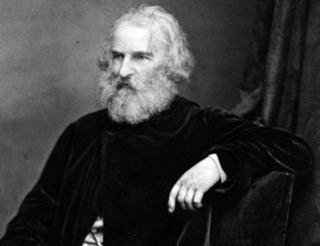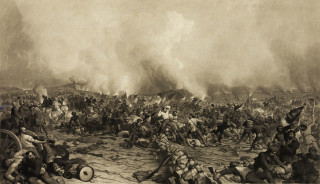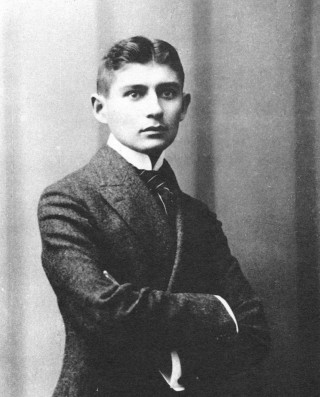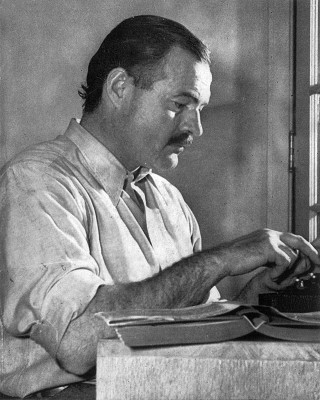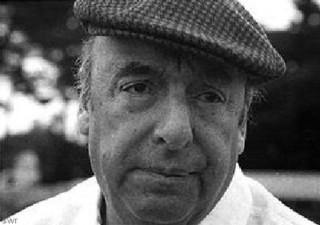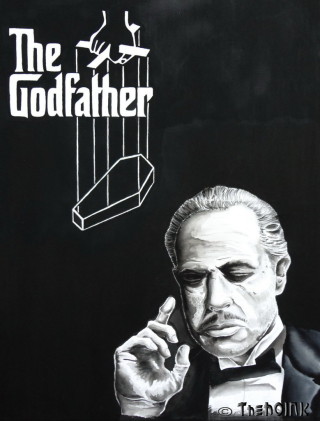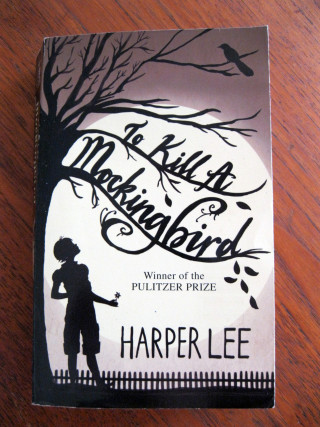We have been spoon-fed dates and years, and their corresponding events through our textbooks, and thus have sufficient knowledge regarding important historical and/or political world events. However, here is some food for thought for all the bookworms out there – see how knowledgeable you are about the significance of the month of July in the Literary Calendar, over centuries.
These top-10 world events are a must-know for all literature enthusiasts. So, learn away!
- Alexandre Dumas was born – July 24, 1802
“There are some catastrophes that a poor writer’s pen cannot describe and which he is obliged to leave to the imagination of his readers with a bald statement of the facts.”
Best known for The Count of Monte Cristo, The Three Musketeers, and Twenty Years After, Dumas, through his exemplary writing, has kept himself in the minds of people, and his books in book shelves, till date.
He fought diligently against racial discrimination, and his response to one such incident is noteworthy: “My father was a mulatto, my grandfather was a Negro, and my great-grandfather a monkey. You see, Sir, my family starts where yours ends.”
- Percy Bysshe Shelley dies – July 8, 1822
One of the most famous English Romantic poets, he received recognition and appreciation after his death, mostly because of his excessive radical opinions on politics and society.
Many must have encountered his poem Ozymandias in school textbooks. Apart from that, he is well known for Ode to the West Wind (1819), and To a Skylark (1820). His ideological notions pertaining to the importance of following veganism/vegetarianism, non-violence in protest and political actions, and the urgency to deliver social justice at every point in life made him an iconic figure for later generations.
- Henry Wadsworth Longfellow publishes “Evangeline, A Tale of Acadie” – July, 1847
This composition, classified as an epic poem, spoke of the eternal love existing between Evangeline Bellefontaine and Gabriel Lejeunesse; of how she spent years in search of him, was unsuccessful despite getting really close to finding him time and again, and eventually found him moments before the epidemic claimed his life.
His poem had tremendous influence on his readers, triggering sympathy from Protestants who had previously demonised and condemned the people of Acadie for being Catholics, and providing the Acadians with an opportunity to fight for recognition and respect.
There have been several movie adaptations of the poem, too.
- Confederate forces under Robert E. Lee are defeated by General George Meade’s U.S. troops at the three-day Battle of Gettysburg in Pennsylvania – July 1, 1863
This marked a turning point in the War between the North and the South.
The event was described beautifully in Margaret Mitchell’s Pulitzer Prize-winning novel Gone With The Wind. Basically a Bildungsroman, the novel traced the life events of the protagonist, blending her love stories with the ongoing War and the Reconstruction that followed immediately afterwards.
- Franz Kafka died – July 3, 1883
He gained worldwide recognition after his death (1894), when his friend published his writings instead of burning them. He spoke of physical and psychological brutality, family and generation differences, bureaucracy, mystical transformations, amongst many others, through his novels and short stories. Known for The Metamorphosis, Kafka based most of his writings on the Modernist style.
Not surprisingly, his writing also inspired the term “Kafkaesque” – which has included the themes he talked of in his novels or short stories. Many movies have also claimed of using this style, mostly to depict a dystopian world and other existential works.
Needless to say, after having such tremendous influence in the literary world, his writings have managed to shape the works of many other writers (such as George Orwell and Ray Bradbury) as well.
6. Ernest Hemingway was born in Oak Park, Illinois – July 21, 1899
Hemingway’s writing style, described as a “spare, tight prose” in The Sun Also Rises, brought a ‘major shift in American writing’. This also brought about a love-hate relationship between him and his critics/fellow writers.
As for his novel Farewell to Arms, which recorded his wartime experiences, it remains one of the bestsellers till date. He not only wrote fictional and non-fictional works, but gave scope for well-informed public discussions through active journalism, as well.
He won the Pulitzer Prize for Fiction in 1953 and the Nobel Prize in Literature in 1954.
- Pablo Neruda was born – July 12, 1904
Neftali Ricardo Reyes Basaolta, also known as Pablo Neruda, shot to fame at the age of 10, and left a huge mark on the literary world – for all to read, discuss, and incorporate into their lives.
He won the Nobel Prize for Literature in 1971.
- Mario Puzo died – July 2, 1999
Mario Puzo, the man who gave The Godfather to the world, is perhaps one of the few writers who do not require any brief introductions. Like his works, his name too, has become legendary. Puzo’s name will remain stamped in the fields of political exploitation, suspense, murder, romance, eroticism, and in the subject of Mafia.
- To Kill a Mockingbird was released as an e-book for the first time – July 8, 2014
Even though author Harper Lee claimed unfailing support for “dusty old books”, the novel went digital for the first time on this day – fifty years after it being published in print.
Showing fluidity and flexibility with the changing times, the move embodied the trend of online reading and e-books, thus allowing more people to have easy access to the Pulitzer Prize-winning novel.
- Novelist Nadine Gordimer died at age 90 – July 13, 2014
Passionately campaigning and writing against moral and racial issues, especially the Apartheid in South Africa, Nadine Gordimer proved how accurate the statement “Where there is will, there is a way” is. She won the Nobel Prize in Literature in 1991, and showed how “her magnificent writing has – in the words of Alfred Nobel – been of very great benefit to humanity.”
Her unfailing effort and initiative for the betterment of the society brought her worldwide acclaim, as well more than fifty honorary degrees and awards. Her undying wish for a clean society has proven what heights a woman can achieve, if she were to set her mind to it; how much power she can yield, if provided with the right opportunities – how the world will collapse if women were to be withheld from prospects leading to their success.
Literature is a very crucial part of our society – writers from all over the world have changed the opinions on various issues through their writings. Only through their works have they managed to enrich public knowledge. Not just that, they have also provided the readers an alternate world to escape to, whenever they needed to distance themselves from reality.
And knowing a bit about those who made all this possible goes a long way in showing that their efforts have not gone in vain.



























